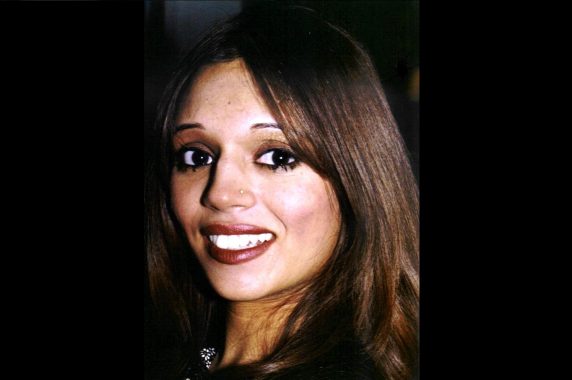Initially, the out-of-hours provider, LCW were the first to coordinate medical care to those affected. They put a call out to all GPs and I offered to come down.
I was sent to the Portobello Rugby Club, which is where the vast majority of those affected by the Grenfell tragedy were. There were three sections: social workers, housing and medical. There was already a voluntary doctor there, who was trying to co-ordinate what she could. A psychiatrist joined us and four doctors from Central London CCG came at about 4pm to help us.
When I first got there, there was lots of crying and a deep sense of sadness. As you got among the people, there was lots of panic over not being able to find people, or medications they didn’t have.
Everything that was going on was with the threat of this building collapsing. We’d been told that if it collapsed, they’d barricade us in because the last thing they wanted was 200-300 people coming out. Outside, there were lots of policeman with riot gear, emergency services and lots of people, and it was very hot. So there was all these external pressures.
In terms of the GPs’ role, those patients that required more than primary care were already in the right place, and the main things that were required were repeat medications. There were a group of people with many chronic conditions, and often they didn’t know what medications they take, how often and what dose. Many of them are life-saving medicines, many are diabetics or have high blood pressure. And of course, they are in a highly stressful environment.
I was hand writing prescriptions, which was a very slow method and also quite risky, because these patients did not know what they were on. I was ringing up individual GPs asking if I could have their medications. It was a very slow process. I decided unilaterally to ring up the pharmacies, say I need all their medications. Then we got the pharmacies to provide drivers and they were coming back and forth with batches of drugs because patients were unwilling to leave the relief centre as they didn’t know if they’d be allowed back in.
We had to deal with anxiety attacks, which you had to check didn’t have a medical underlying cause so we could keep in the relief centre. We had basic medical equipment so if we thought someone was having a heart attack, they had to move on to secondary care quite quickly. But, conversely, we couldn’t send everyone over there who was having anxiety-type symptoms, shortness of breath and high heart rate.
If you were to make the call they needed to go to hospital, you needed to be pretty sure and convincing to them to get them as they really didn’t want to leave the relief centre, because they weren’t sure if they’d be allowed back in. So we did our best to treat them within the centre where they are with their family rather than extracting them from another environment where they had got a little more comfortable.
LCW did a really good job. They were quick, decisive. Throughout the day I was in contact with the medical director, updating him on what we needed and didn’t need. So, for example, we had food in abundance, but we hadn’t decided who cleaned the toilets. I was down to the last soap dispenser, so soon they would be using dirty toilets and unable to wash their hands and there was a risk of an outbreak of diarrhoea and vomiting bugs.
Once the initial sadness and panic settled down, they very quickly became supportive to one another. There was a real community feeling, where everyone had one goal – to help those affected in whichever way they could.
Dr Anouska Hari is vice-chair of Kensington, Chelsea and Westminster LMC and is a locum GP in west London
















